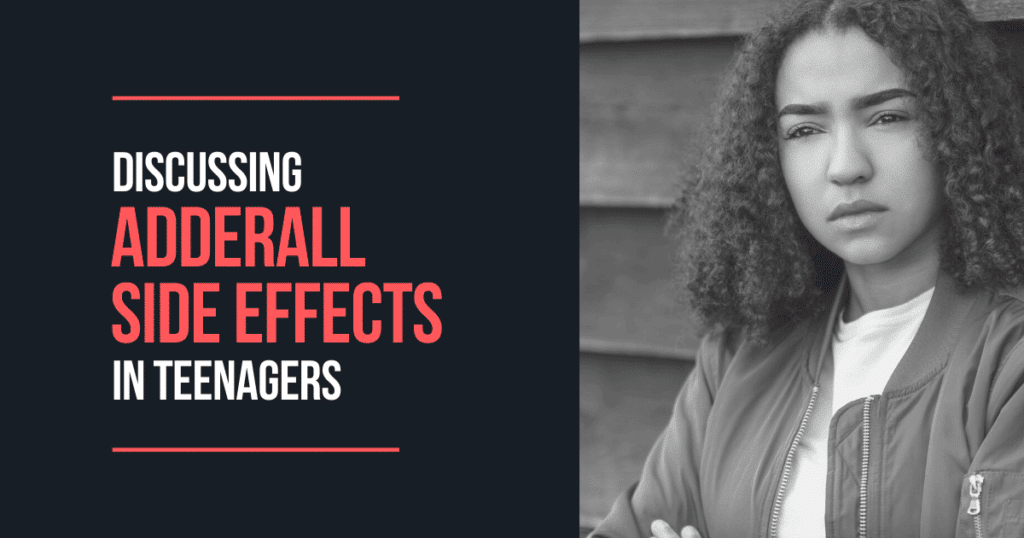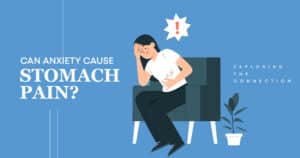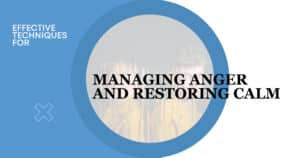What are the common, rare, short-term, and long-term Adderall side effects in teenagers? Also, learn about the risk and signs of addiction.
If your teen is using Adderall for their medical condition, you are likely aware of its potential for abuse and addiction.
What is Adderall?
Adderall is a stimulant and a brand of medicine containing amphetamine salt. Doctors prescribe Adderall to treat attention deficit hyperactivity disorder (ADHD) and other learning disabilities.
ADHD is a neurodevelopmental disorder. It is typically diagnosed in children before age 16. In about 60% of the cases, ADHD symptoms continue to adulthood. Children with ADHD tend to be hyperactive, inattentive, and impulsive.
What Does Adderall Do to the Brain?
Adderall increases the amounts of three key chemical messengers in the brain—dopamine, norepinephrine, and serotonin. These chemicals help nerves communicate and regulate mood, memory, motivation, and movement.
Because stimulants act on the brain, they might cause addiction, mainly if someone uses them in larger doses or for longer than recommended.
Common Adderall Side Effects in Teenagers
The following side effects tend to occur in many users:
- Elevated blood pressure
- Headache
- Trouble sleeping
- Loss of appetite
- Weight loss
- Stomach pain
- Nausea
- Diarrhea
- Dry mouth
- Nervousness
- Mood changes
- Fast heart rate
Less Common Adderall Side Effects
Some users have reported the following adverse effects:
- Constipation
- Taste disturbances
- Blurry vision
- Dizziness
- Changes in sex drive
- Impotence
- Hair loss
- Raynaud’s phenomenon (cold-, stress-, or emotion-induced contraction of blood vessels in the fingers, ears, or toes)
Severe Adderall Side effects
Serious side effects warrant immediate medical attention. Stimulants, even at prescribed doses, can cause serious side effects, such as:
- Diseases affecting the heart muscle
- Heart attack
- Seizures
- Severe allergic reactions
- Behavioral changes
- Psychiatric disorders
- Sudden death
Short-term Adderall Side Effects
Teens who don’t have ADHD might abuse Adderall to boost their concentration and memory. Using any stimulant as a study aid can have several adverse effects on mental health. Notably, studies show that abusing Adderall might cause memory impairment.
When you use a drug under a doctor’s supervision, they can periodically monitor your progress and adjust doses to reduce side effects.
Some common short-term side effects are:
- Appetite loss
- Digestive issues, such as nausea and constipation
- Restlessness
- Heart palpitations or rapid heartbeat
- Dry mouth
- Mood problems, such as anxiety, agitation, and irritability
- Headache
- Sleep issues
These side effects can vary from one person to another. Besides, age plays a crucial role in how one experiences these effects. Some people may not experience noticeable side effects when used as recommended.
Side effects, such as delusions, hallucinations, and psychosis, are rare. However, when they occur, they can be severe. Other potentially dangerous side effects include heart problems, mood changes, and psychotic symptoms.
These issues often go away on their own as the treatment progresses. Nonetheless, you should talk to your doctor if any issue persists or causes discomfort.
Long-term Adderall Side Effects
Long-term side effects can include:
- Weight loss
- Stunted growth in children
- High blood pressure
- Aggression
- Changes in mood and behavior
- Dependency and addiction
- Erectile dysfunction
- Decreased sex drive
- Hallucinations
- Heart problems and stroke
- Irritability
- Lack of motivation
- Problems sleeping
- Weight loss
- Fatigue
Usually, these side effects go away once you stop taking the drug.
Stimulant Dependence and Addiction
Long-term use may cause you to become physically dependent on the drug. When you take large doses for prolonged periods, Adderall can impair dopamine production, causing:
- Mood changes, including low moods
- Irritability
- Lethargy
Over time, using large doses can result in tolerance. Once you develop tolerance, you will need more Adderall to get the effects you used to get with a lower amount. If you don’t stop at this point, a full-blown addiction can result.
What are the Signs of Adderall Abuse and Addiction?
The following signs might suggest that a teen is involved in substance abuse:
- Missing school
- Poor school performance
- Low energy
- Angry outbursts
- Breathing issues
- Unexplained weight loss
- Impaired judgment
- Unusual behaviors
- Showing no motivation
- Irritation
- Money missing or unusual need for money
- Loss of sleep
- Changes in appearance
- Changes in friends
Note: It is not a complete list of signs and symptoms of addiction. If you think someone you love is involved in substance abuse, seek immediate help. Early detection of drug use can significantly improve the chances of complete recovery and prevent complications.
FAQs About Adderall Side Effects
- Are Adderall side effects in females different from those in men?
Yes. Adderall side effects in men may differ from women. According to a study, women more frequently report appetite changes and anxiety. On the other hand, men more frequently report loss of libido and sweating.
- How long do Adderall side effects last?
When used under a doctor’s supervision, most side effects usually subside after one to two weeks of using the drug.
- Does Adderall cause permanent brain changes?
Psychostimulants like Adderall don’t cause permanent changes in brain chemistry when you use them as directed. Moreover, stimulants are unlikely to increase your risk of depression.
- Does Adderall have serious side effects?
Serious Adderall side effects include seizures, heart problems, and, rarely, sudden death.
Key Takeaways
- While Adderall side effects are common, most are mild and tend to subside within a few weeks of treatment.
- Taking the drug only as directed is crucial to reduce the side effects.
- Side effects are more likely to occur when you take higher doses.
- Adderall is one of the safest psychostimulants. Nonetheless, it is critical to inform your doctor if you experience any side effects, regardless of the severity.
- Never stop taking this drug abruptly. Doing so can cause severe withdrawal symptoms.
- If you think someone you love is involved in substance abuse, seek immediate help.
- To learn more about ADHD treatment options for teens in Southern California, contact Hillside Horizon for Teens at 855-746-8378.





